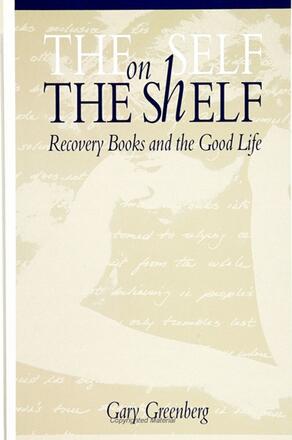
The Self on the Shelf
Recovery Books and the Good Life
Alternative formats available from:
Description
The Self on the Shelf examines the cultural and philosophical determinants of popular "recovery" books. Greenberg argues that this literature can be read as documents of the prevailing understanding of the self in American society. The construction of the self promoted by recovery literature is seen as a nihilistic one insofar as it denies the significance of what continental philosophy calls the Other. In this sense the self-help books are correct in their assertion that we have lost sight of how to love, but their proposed solution shows up as a recapitulation and strengthening of the conditions that gave rise to this situation in the first place. Greenberg's critique provides a commentary on the difficulties that face our culture in achieving any sense of meaningful community, and on the way that this problem surfaces in a highly popular discourse.
Gary Greenberg is a psychotherapist in private practice.
Reviews
"It provides a new and thought-provoking view of a contemporary phenomenon that many of us have become familiar with: the proliferation of popular self-help books on codependency. In a sense it addresses one of the more central concerns of our age: who are we? What does it mean these days to be a good person? The author sets out deliberately to give us a reading, even a diagnosis, of our contemporary culture. I would buy it!" — Martin J. Packer, University of Michigan
"Greenberg nicely weaves Taylor, MacIntyre, and Heidegger into his analysis of the codependence literature. He raises important issues about the background moral claims of the popular genre and its nihilistic foundation. It is about time someone well versed in hermeneutical theory wrote a book like this." — Richard B. Addison, University of California at San Francisco